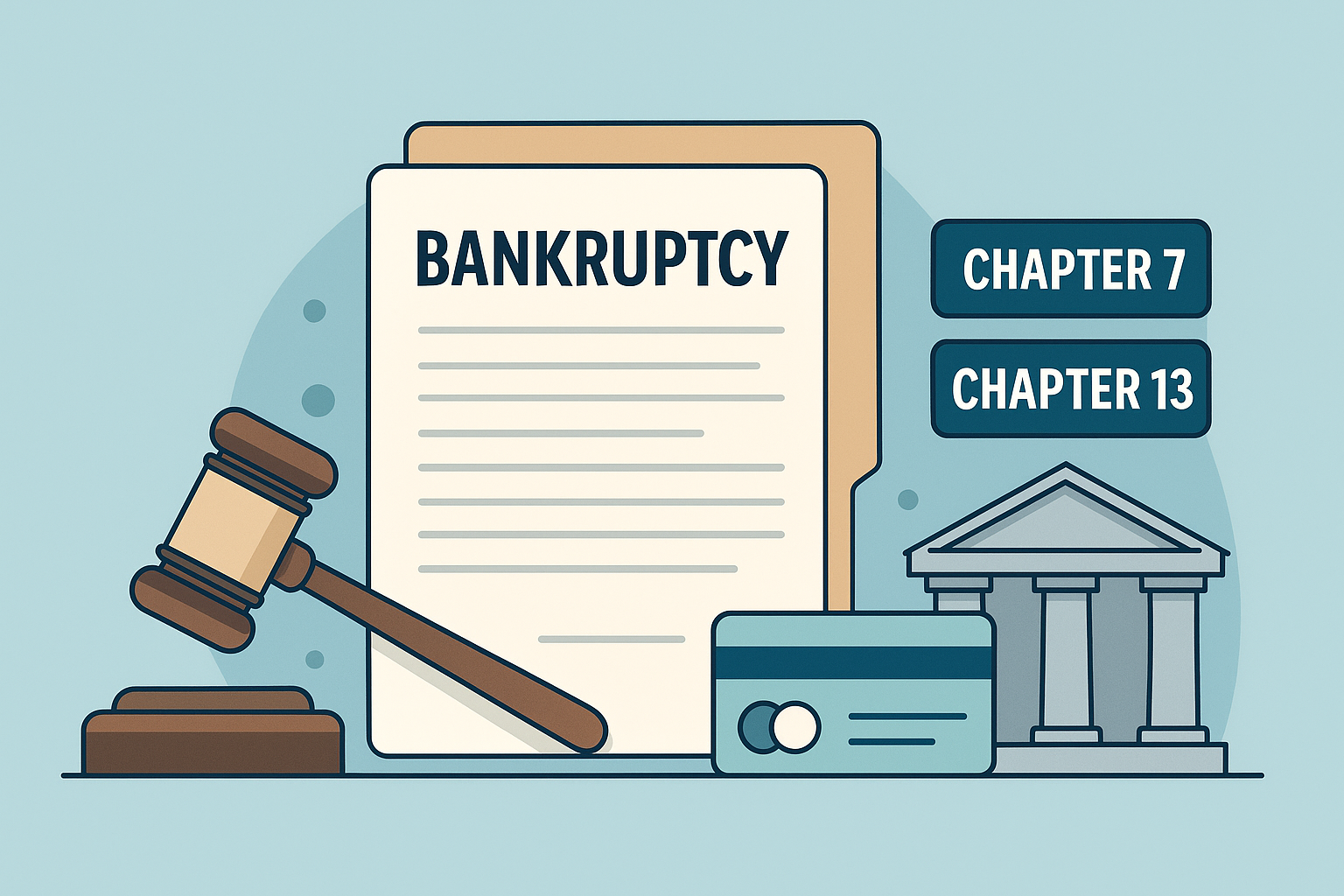A Swiss AG (Aktiengesellschaft) is the most recognised form of corporate entity in Switzerland and serves as the legal equivalent of a public limited company. It is a popular choice for both domestic entrepreneurs and international investors seeking a stable, reputable, and commercially respected vehicle for business operations. This article explores the features, formation process, suitability, and regulatory obligations of a Swiss AG in detail.
What Is a Swiss AG?
The Swiss AG is a stock corporation defined under Swiss corporate law, specifically governed by the Swiss Code of Obligations (Obligationenrecht). It is characterised by the division of its share capital into shares and the limitation of shareholders’ liability to their respective contributions.
Unlike a Swiss GmbH (Gesellschaft mit beschränkter Haftung), which is often used for smaller businesses and partnerships, an AG is more appropriate for medium to large enterprises, investment vehicles, holding structures, and companies seeking anonymity or preparing for capital raising. It is the legal structure typically used by Swiss banks, insurance companies, listed corporations, and subsidiaries of multinational groups.
The key features of a Swiss AG include:
- Minimum share capital: CHF 100,000 (of which at least CHF 50,000 must be paid in)
- Shareholder liability: Limited to capital contributions
- Legal personality: Independent from shareholders
- Transferability of shares: Freely transferable unless restricted by statutes
- Transparency: Higher than a GmbH, but still offers a degree of confidentiality, especially if bearer shares are not used
Who Should Consider a Swiss AG?
The Swiss AG is ideally suited for:
- International entrepreneurs planning to expand into the Swiss or EU markets
- High-volume businesses with growth ambitions or plans to go public
- Family offices and private investors needing a flexible holding vehicle
- Crypto companies and fintechs that seek Swiss FINMA compliance
- Export-oriented manufacturers or global service providers with a need for credibility and international presence
Moreover, an AG allows for greater investor confidence, especially in regulated industries, and anonymity of ownership when nominee shareholders or holding structures are used legally.
Legal Requirements to Register a Swiss AG
The establishment of a Swiss AG requires compliance with specific legal and procedural requirements, including:
1. Share Capital
- The minimum share capital is CHF 100,000.
- At least 50% (i.e. CHF 50,000) must be fully paid in upon incorporation.
- Contributions may be made in cash or, in approved cases, in kind.
2. Shareholders
- One or more shareholders (individuals or legal entities) are required.
- There is no nationality or residency requirement for shareholders.
- Shareholder names do not need to be published in the commercial register.
3. Board of Directors
- At least one director must be a Swiss resident.
- The board can be composed of both Swiss and foreign nationals.
- The board is responsible for the strategic and legal management of the company.
4. Auditor
- A Swiss AG must appoint a licensed auditor unless it qualifies for an opt-out (e.g. small company with fewer than 10 FTEs).
- The auditor can be a statutory auditor (limited) or a licensed audit firm (ordinary).
5. Registered Office
- The AG must have a registered address in Switzerland.
- This can be a physical office or a domiciliation service provided by fiduciaries.
6. Company Name
- The name must include the legal suffix “AG” and be unique within Switzerland.
- It can be in any language, subject to approval.
Step-by-Step Process of Forming a Swiss AG
The incorporation process is standardised and typically takes 2–3 weeks if all documents are prepared in advance. The key steps are:
Step 1: Preparation of Documentation
- Drafting of the Articles of Association
- Notarised declaration of the founders
- Determination of board members and auditor
- Proof of payment of share capital into a blocked Swiss bank account
Step 2: Notarisation
- Execution of the incorporation deed and Articles of Association before a Swiss notary public
Step 3: Commercial Register Entry
- Submission of the complete file to the Cantonal Commercial Register (Handelsregisteramt)
- Upon approval, the company is officially registered and receives a unique company identification number (UID)
Step 4: VAT and Social Security Registration (if applicable)
- For companies with taxable turnover exceeding CHF 100,000, VAT registration is mandatory
- Registration with Swiss social security authorities if hiring employees
Step 5: Opening a Company Bank Account
- After incorporation, the blocked capital account is converted into an operational business account
Advantages of a Swiss AG
The Swiss AG offers a variety of benefits for founders and investors:
- Credibility: The AG structure is well-respected in international business
- Investor access: Easier to attract capital due to share-based structure
- Legal certainty: Switzerland’s legal system ensures strong corporate governance
- Continuity: The AG continues independently of shareholder changes
- Asset protection: Shareholders are not personally liable for company obligations
- Tax planning: When structured correctly, an AG can benefit from cantonal and federal tax advantages
Regulatory and Corporate Governance Considerations
Swiss AGs are subject to corporate governance principles under the Swiss Code of Obligations and, in some cases, under specific sectoral laws (e.g. for financial institutions regulated by FINMA).
Key governance obligations include:
- Annual general meeting (AGM) of shareholders
- Approval of financial statements
- Appointment and discharge of board members and auditors
- Filing of financial reports, typically once per fiscal year
Companies listed on the SIX Swiss Exchange or operating in regulated sectors must also comply with additional obligations, including disclosure, insider trading rules, and compliance systems.
Comparison with Other Swiss Company Forms
| Feature | Swiss AG | Swiss GmbH | Sole Proprietorship |
| Legal personality | Yes | Yes | No |
| Minimum share capital | CHF 100,000 (50,000 paid in) | CHF 20,000 | None |
| Liability of owners | Limited | Limited | Unlimited |
| Shareholder anonymity | High | Low | N/A |
| Transferability of shares | Freely transferable | Restricted | N/A |
| Auditor required | Yes (with opt-out possible) | Yes (with opt-out possible) | No |
| Public image / credibility | High | Medium | Low |
Taxation of Swiss AGs
A Swiss AG is subject to taxation Swiss AG: Key Features, Formation Process, and Legal Framework
A Swiss AG is a company limited by shares under Swiss law and one of the most prestigious and versatile legal forms available in Switzerland. Known formally as Aktiengesellschaft, this structure is often the first choice for investors, corporates, and international groups aiming to establish a stable and compliant presence in the Swiss market. In this overview, we examine its defining characteristics, legal requirements, incorporation steps, and strategic uses.
Definition and Core Characteristics of a Swiss AG
The Swiss AG is a stock corporation whose legal foundation is established in the Swiss Code of Obligations. As a separate legal entity, it offers limited liability to its shareholders and a capital-based structure, making it well-suited for commercial, financial, or industrial enterprises.

Notable attributes of a Swiss AG include:
- Statutory capital of CHF 100,000, with a minimum CHF 50,000 paid in
- Shareholder liability strictly limited to capital contributions
- Autonomous legal personality, allowing ownership of property, rights, and contracts
- Flexible share transferability, subject to statutory restrictions
- Compatibility with listing on Swiss or foreign stock exchanges
This entity type is favoured by medium and large companies, as well as holding structures and regulated businesses.
Who Benefits from Forming a Swiss AG?
The Swiss AG appeals to a broad spectrum of founders and investors, including:
- Cross-border companies establishing Swiss operations
- Wealth management structures for holding and succession planning
- Swiss financial intermediaries seeking FINMA authorisation
- Multinationals aiming for tax efficiency and regulatory credibility
- Startups in blockchain and fintech, looking for a compliant jurisdiction
Its formal governance, strong legal protections, and optional anonymity make it particularly attractive in sectors where corporate integrity, investor confidence, and access to global capital are key.
Mandatory Legal Conditions for Swiss AG Incorporation
Setting up a Swiss AG requires adherence to several statutory rules designed to ensure transparency, sound management, and lawful operations.
Share Capital and Contributions
- The nominal capital must be at least CHF 100,000, with CHF 50,000 as the minimum paid-in amount
- Contributions may be made in cash or in-kind (subject to auditor’s confirmation)
- Shares can be registered or bearer, with bearer shares subject to transparency rules
Shareholders and Share Register
- At least one shareholder is required (individual or legal person)
- There is no requirement for Swiss citizenship or residence
- Shareholder details are not publicly disclosed in the Handelsregister
Board of Directors
- At least one member of the board must reside in Switzerland
- The board is responsible for overall strategic direction and compliance
- Directors can be individuals or, under specific circumstances, legal entities
Corporate Auditor
- Appointment of an auditor is mandatory unless a small company waives the audit under Art. 727a CO
- Companies exceeding defined size thresholds must undergo ordinary audits
- Auditors must be licensed under Swiss audit regulations
Registered Address
- Every Swiss AG must have a domicile in Switzerland, which can be arranged via a fiduciary
- The registered address must be capable of receiving legal notifications
Establishing a Swiss AG: Procedural Overview
The process to create a Swiss AG is clear and standardised but requires professional oversight to ensure regulatory conformity. The average timeline is between 10 to 20 business days.
Step 1: Documentation Preparation
- Articles of Incorporation and incorporation deed are drafted
- Share capital is deposited into a blocked incorporation account at a Swiss bank
- Details of board members and auditor (if applicable) are defined
Step 2: Public Notarisation
- Founders sign the incorporation act before a Swiss notary
- All statutory documents are officially executed
Step 3: Entry in the Commercial Register
- The complete file is submitted to the cantonal Handelsregisteramt
- Upon validation, the AG receives its company ID (UID) and full legal effect
Step 4: Post-Incorporation Setup
- Capital becomes available as operational business funds
- VAT registration is filed if applicable (mandatory for revenue over CHF 100,000)
- Social security registration is triggered when employees are hired
Governance Obligations and Corporate Transparency
The Swiss AG must observe annual and event-based obligations under Swiss company law:
- Conduct of the general meeting of shareholders (ordentliche Generalversammlung)
- Approval of financial statements and distribution of profits
- Management reports (where applicable) and auditor’s report submission
- Filing of changes (e.g. board, auditor, capital increase) with the Commercial Register
- Compliance with anti-money laundering and beneficial ownership disclosures
Public AGs and regulated firms must additionally meet Swiss stock exchange and FINMA reporting standards.
Taxation and Financial Considerations
A Swiss AG is taxed independently of its shareholders. The overall corporate tax burden depends on its registered canton.
- Federal income tax: 8.5% on net profit after tax
- Cantonal and municipal taxes: Vary significantly (combined rates from 11% to 21%)
- Withholding tax: 35% on dividends (reduced by DTA)
- VAT: 8.1% standard rate (2025)
The AG structure allows for profit retention, group taxation, and use of intra-group financing mechanisms. Tax planning is often optimised through domiciliation in tax-advantageous cantons such as Zug or Schwyz.
Comparison of Swiss Corporate Structures
| Feature | Swiss AG | Swiss GmbH | Sole Proprietorship |
| Legal Entity | Yes | Yes | No |
| Minimum Capital | CHF 100,000 (50,000 paid in) | CHF 20,000 | None |
| Shareholder Disclosure | No | Yes | N/A |
| Public Image | High | Medium | Low |
| Audit Requirement | Yes (unless waived) | Yes (unless waived) | No |
| Share Transfer | Freely transferable | Restricted | Not applicable |
| Listing on Exchange | Possible | Not permitted | Not permitted |
Benefits of Using the Swiss AG Model
The Swiss AG offers multiple strategic advantages:
- Legal credibility: Ideal for regulated, financial, or international operations
- Shareholder anonymity: No public registry disclosure
- Separate corporate personality: Isolates business risk
- Prestige: Recognised globally as a high-standard corporate form
- Scalability: Suitable for public offering or global expansion
- Flexible ownership: Shareholders can be changed without notarisation
Its ability to maintain professional governance while offering privacy and compliance makes the Swiss AG the preferred form for businesses that require long-term operational stability and access to international capital.
Final Considerations
The Swiss AG is more than just a legal form—it’s a corporate tool designed for flexibility, governance, and resilience. Its structure aligns with modern requirements for capital formation, international regulation, and institutional investor preferences. Although the setup and management costs are higher than a GmbH, the benefits in governance, image, and investor access justify the investment for many founders.
Disclaimer: The content above is for informational purposes only and does not constitute legal, tax, or financial advice. Always consult with a Swiss-qualified legal advisor before making corporate decisions or initiating company formation.
at the federal, cantonal, and municipal levels. The tax burden varies by canton but generally includes:
- Corporate income tax: Federal rate of 8.5%, plus cantonal/municipal rates (combined range 11–21%)
- Withholding tax: 35% on dividends paid to shareholders, reduced under many treaties
- Capital tax: Applied annually to the company’s net equity
- VAT: Standard rate of 8.1% as of 2025
Effective tax planning, especially in cantons such as Zug or Lucerne, can result in globally competitive corporate tax rates.
Conclusion
The Swiss AG remains one of the most robust and prestigious corporate structures in Europe. Its legal flexibility, high degree of credibility, and investor-friendly features make it suitable for a wide range of businesses — from traditional industries to innovative fintech startups. While the process of forming and maintaining an AG involves legal formalities and regulatory obligations, its advantages in governance, taxation, and scalability are considerable.
Disclaimer: This article is intended for informational purposes only and does not constitute legal, tax, or financial advice. For personalised guidance, consult a licensed legal or fiduciary advisor in Switzerland.
FAQ: Swiss AG
- What does Swiss AG mean?
Swiss AG stands for Aktiengesellschaft, which is the equivalent of a public limited company in Switzerland. - What is the minimum capital for a Swiss AG?
The minimum share capital is CHF 100,000, with at least CHF 50,000 required to be paid in at the time of incorporation. - Can a foreigner open a Swiss AG?
Yes, foreign individuals or legal entities can form a Swiss AG. However, at least one board member must be a Swiss resident. - How long does it take to register a Swiss AG?
Typically, it takes 2 to 3 weeks to complete the registration process, provided all documents are in order. - Is a Swiss AG suitable for crypto companies?
Yes, the AG structure is commonly used by crypto startups and companies regulated by FINMA. - Do I need an auditor for my Swiss AG?
Yes, unless the company qualifies for an opt-out based on its size and structure (e.g. fewer than 10 FTEs). - What are the tax rates for Swiss AGs?
Combined federal and cantonal corporate tax rates usually range from 11% to 21%, depending on the canton. - Are shareholders of a Swiss AG publicly listed?
No, shareholder names are not published in the Commercial Register, which helps protect privacy. - Can I convert a GmbH into a Swiss AG?
Yes, a conversion is possible under certain legal procedures and with notarial approval. - What industries typically use the Swiss AG form?
Financial services, insurance, pharma, technology, international trade, and holding companies often use the AG structure. - Is Swiss AG the same as a holding company?
Not necessarily. A holding company is a purpose, while AG is a legal form. However, many holding companies use the AG form. - Can a Swiss AG go public?
Yes, Swiss AGs can be listed on stock exchanges, such as the SIX Swiss Exchange, subject to compliance.



